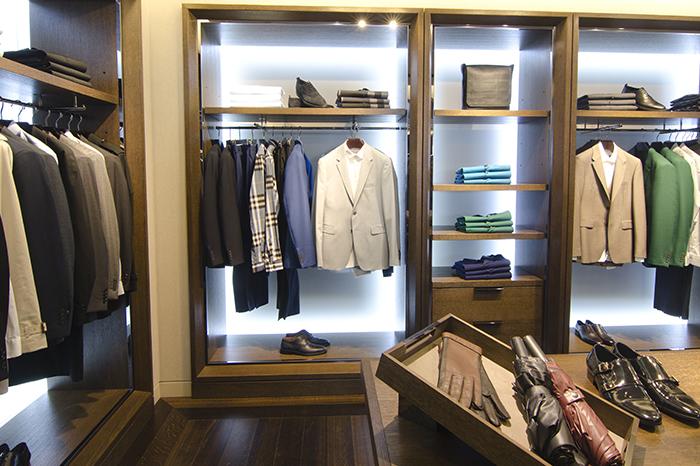
UCL’s Kenan Arifoğlu and UCLA Anderson’s Chris Tang examine whether or not luxury brands can use licensing agreements to reach new audiences
Kenan Arifoğlu, alongside UCLA Anderson’s Professor Chris Tang, have undertaken a study uses game theory to suggest when designer companies should license their names for down-market goods.
Luxury brands, like indie bands, often find there’s a tradeoff between being cool and being popular.
Shoppers value luxury goods in large part for their exclusivity; not just anyone can afford to carry a Louis Vuitton bag or wear an Hermès scarf. This market is relatively limited, though, and to grow beyond it, mature brands look to a much larger group of aspirational buyers who, if they could afford to, would love to wear Gucci-branded eyeglasses or Burberry cosmetics.
The growth vehicle is licensing, which can extend a brand’s reach and can be a lucrative source of new revenue. But there’s a risk: Licensing can lead to excessive popularity, which can tarnish a brand enough that luxury shoppers bolt.
In a working paper, Arifoğlu and Tang use a game theory model to examine how a luxury brand’s decision to license is affected by the desire for exclusivity among “snobs” and the aspirations of the large group of “followers.”
Their findings suggest that if a brand has a monopoly in a luxury market, licensing is unprofitable when buyers place a high value on exclusivity. But for two brands in a competitive market, the model suggests that licensing is always profitable and that a fixed-fee licensing arrangement is preferable to other types of license contracts
You can read more about the findings of their working paper in the UCLA Anderson Review.